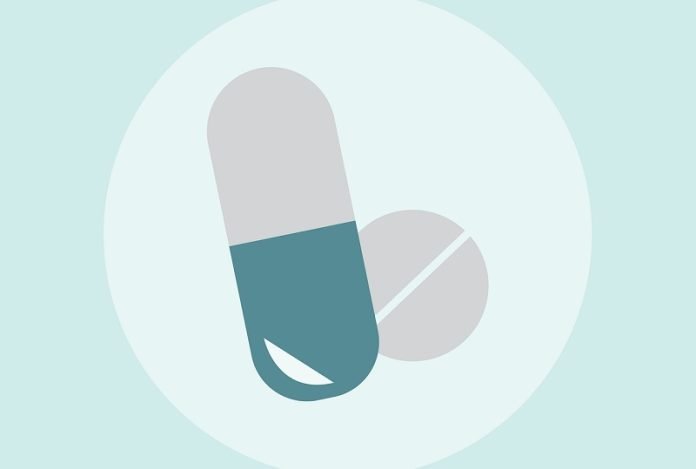
Frontotemporal dementia is a type of early-onset dementia that affects the frontal and temporal lobes of the brain, causing behavior changes, difficulty speaking and writing, and memory deterioration.
A subgroup of patients with frontotemporal dementia has a specific genetic mutation that prevents brain cells from making a protein called progranulin.
The absence of progranulin is linked to the disease.
Scientists from the University of Kentucky and elsewhere have found that a class of antibiotics called aminoglycosides could be a promising treatment for frontotemporal dementia.
In a recent study, the team found that after aminoglycoside antibiotics were added to neuronal cells with this mutation, the cells started making the full-length progranulin protein by skipping the mutation.
The researchers found that two specific aminoglycoside antibiotics – Gentamicin and G418 – were both effective in fixing the mutation and making the functional progranulin protein.
After adding Gentamicin or G418 molecules to the affected cells, the progranulin protein level recovered up to about 50 to 60%.
These results could be promising for drug development. Currently, there are no effective therapies for any type of dementia.
After this preclinical proof-of-concept study, the next step is to study the antibiotics’ effects on mice with the mutation that causes frontotemporal dementia.
Another plan is to develop new compounds from Gentamicin and G418 that could be safer and more effective.
Although Gentamicin is an FDA-approved drug, its clinical usage is limited as it is linked to a number of adverse side effects.
The study was conducted by Haining Zhu et al and published in Human Molecular Genetics.
With further research, aminoglycosides could potentially become a viable treatment option for those suffering from frontotemporal dementia.
How to prevent frontotemporal dementia
There is currently no known way to prevent frontotemporal dementia (FTD), but there are some steps you can take to help maintain brain health and potentially reduce the risk of developing FTD:
Stay physically active: Regular exercise has been linked to maintaining brain health and reducing the risk of dementia.
Maintain a healthy diet: A diet rich in fruits, vegetables, and whole grains has been associated with a lower risk of dementia.
Stay mentally active: Engage in mentally stimulating activities, such as reading, playing games, or doing puzzles.
Socialize: Social engagement and staying connected with others has been linked to maintaining brain health.
Manage chronic health conditions: Some chronic health conditions, such as high blood pressure and diabetes, have been linked to an increased risk of dementia. Managing these conditions may help reduce the risk.
It’s important to note that FTD is often caused by genetic mutations and may not be preventable in those cases.
However, taking care of your overall health may help reduce the risk of developing FTD or other types of dementia.
How to treat FTD
Currently, there is no cure for frontotemporal dementia (FTD), but treatments can help manage symptoms and improve the patient’s quality of life.
Medications such as antidepressants, antipsychotics, and mood stabilizers may be used to manage behavioral symptoms.
Speech therapy, occupational therapy, and physical therapy may also help manage symptoms and improve communication and mobility.
In the case of FTD caused by a specific genetic mutation, as mentioned in the recent study with aminoglycoside antibiotics, targeted therapies that address the underlying genetic cause may be a potential treatment option in the future.
It is also important for individuals at risk of developing FTD to maintain a healthy lifestyle, which includes a balanced diet, regular exercise, and avoiding alcohol and smoking.
Regular cognitive and memory assessments can help detect any changes early and allow for timely interventions.
If you care about dementia, please read studies that 7 healthy habits could help lower dementia risk for people with diabetes, and this antibiotic drug may effectively treat common dementia.
For more information about brain health, please see recent studies that high doses of common depression drug could temporarily switch off the brain, and results showing watch for these potential heart and brain problems after COVID-19.
Copyright © 2023 Knowridge Science Report. All rights reserved.



